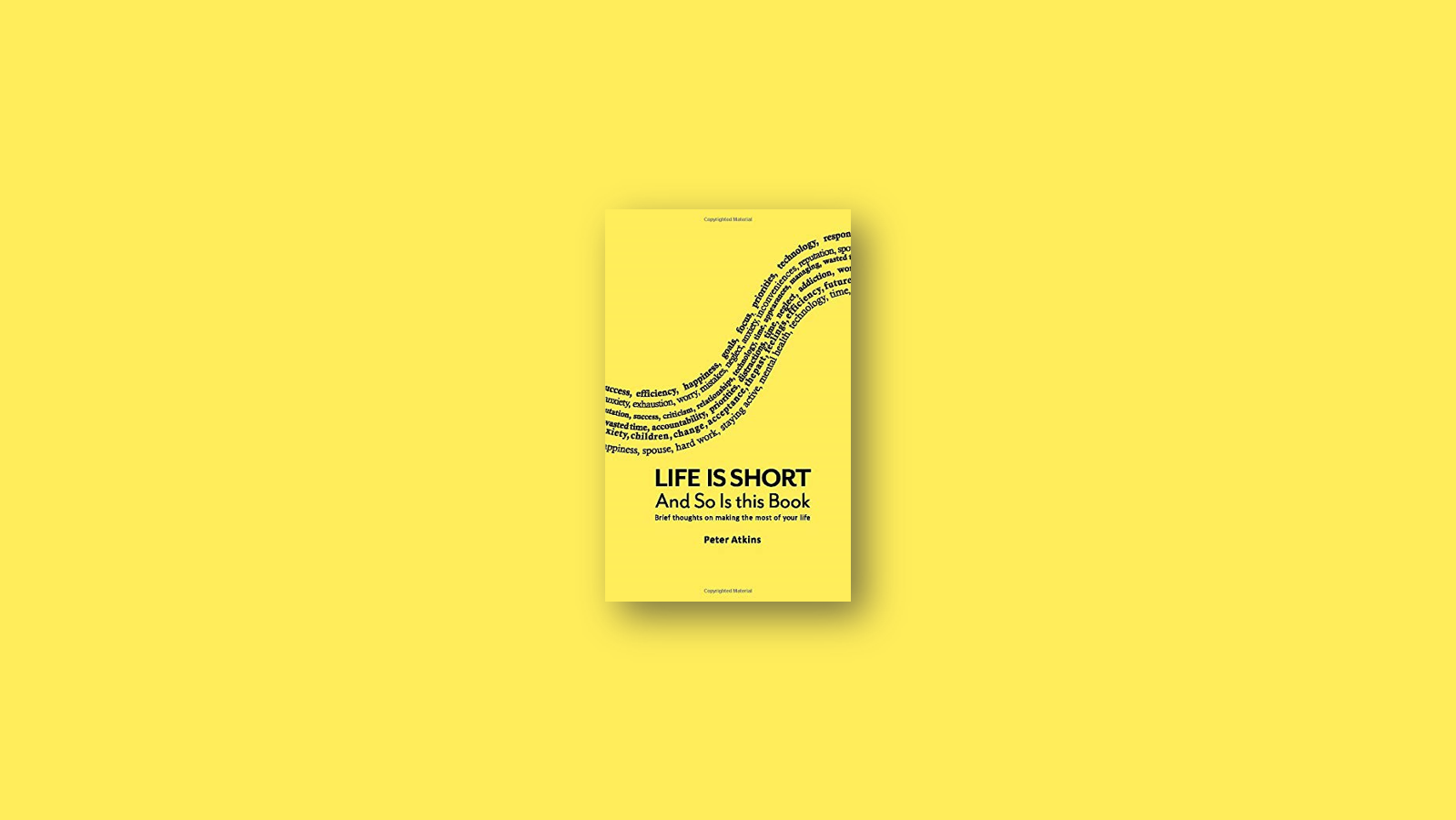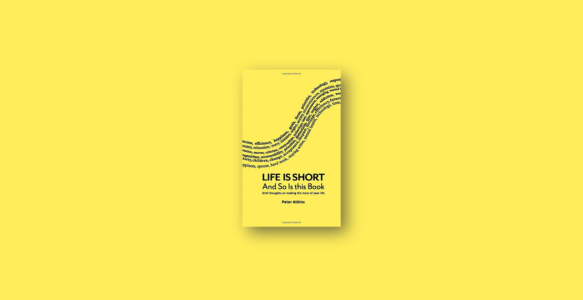#1 Create space
Life moves pretty fast. If you don’t stop to look around once in a while you could miss it. – From the movie, Ferris Bueller’s Day Off
Activity by itself doesn’t equal accomplishment, and certainly not success — being busy just means being busy. Many people confuse want to with have to. In other words, just because someone else wants you to do something doesn’t mean you have to do it. You can’t get more time, so how you spend the time you have is critical. Focusing on what matters means saying no to things that don’t matter. Otherwise, your life becomes cluttered with distractions.
A better approach is to decide what you want to do and what is most important. Make lists. Then use technology to assist you, versus allowing it to control you. Another way to free up time, if you have the option, is to live close to work. For many people, the amount of time spent commuting is huge, and it tends to be quite stressful and, frequently, not super productive
Finally to make the most of your life, say no to things that don’t matter, work hard at what you love, and occasionally take time away from your core focus to rest so that your mind can be quiet for great insights to come.
#2 Try not to worry
If you can’t sleep, then get up and do something instead of lying there worrying. It’s the worry that gets you, not the lack of sleep. -Dale Carnegie
Worrying wastes energy and wastes time; it limits what you can accomplish
Try to put things into two buckets: one you can do something about and one you can’t. The things you can’t do anything about, try to ignore. There’s no use, for example, being jealous of other people’s success or good luck; it won’t make you any happier. Nor is there any upside in worrying about a bad situation in which you find myself. There is, however, a lot to be gained from considering how you can move to a better place.
And when you make mistakes along the way, as Peter has at many points in his life, accept them as well. As Winston Churchill said: Success is not final, failure is not fatal: it is the courage to continue that counts
#3 Don’t do really dumb things
All I want to know is where I’m going to die so I’ll never go there. – Charlie Munger
You can’t follow Charlie Munger’s advice literally. But, as a wise colleague of Peter says, sometimes the most important thing to do is to not do anything really dumb. Peter found this type of inactivity is undervalued in our culture.
What does Peter mean by really dumb things? There are two classes: unrecoverable errors and denial. Unrecoverable errors can screw up your future – like committing a crime and going to prison, or limiting your options by not trying to get the best education available, or making decisions which likely will lead to major health problems or financial destruction. The second class of dumb thing – denial – is common. Most of us ignore reality in some facet of our lives. It’s often easier to believe things will somehow solve themselves, whether we want a lousy job to work out, or we’re so desperate to hire someone for a much-needed role we sacrifice on quality, or we overlook obvious issues in someone we’re dating (and assume they’ll get better over time…or we can help fix them).
These are all examples of wishful thinking. If you notice serious problems in the early stages of a job, or in the hiring process, they’re only likely to become magnified as you get to know the situation, or your new colleague better. Ditto in dating. Small problems early on generally don’t just resolve themselves with time. And it’s impossible to change other adults’ personalities, no matter what you may wish.
#4 Build character and make friends
Character is like a tree, and reputation like its shadow. The shadow is what we think of it; the tree is the real thing. – Abraham Lincoln
Character is one of the most important things in life. Reputations can be manipulated in the short term, but people tend to get the reputations they deserve over time. Reputations are your personal brand. They’re influential in how well you do in both your professional and personal lives. There are four basic principles that have worked well for Peter:
- Do what you think is right.
- Don’t follow other people blindly.
- Be honest and keep your word.
- Admit your mistakes.
#4 Laugh
With the fearful strain that is on me night and day, if I did not laugh I should die. – Abraham Lincoln
You can choose to let all the things that go wrong in life depress you. Or, you can accept that things will go wrong, try to laugh, and then look at what you can do. There’s a Japanese proverb that gets right to the point: We’re fools whether we dance or not — so we might as well dance.
Assuming your basic life needs are being met, you can choose to be happy if you want — even when you make mistakes, or are in the middle of some pretty awful circumstances. If, however, you’re the sort of person who chooses to be unhappy, or filled with anxiety, chances are you’ll probably succeed with that as well.
#5 Do what you love
There are but three events in a man’s life: birth, life and death. He is not conscious of being born, he dies in pain, and he forgets to live. – Jean de la Bruyere
A lot of apparently ’successful’ people believe they should delay enjoying life until later. First they work incredibly hard to get into the ’right’ schools; then they work even harder to get a coveted job; and then they work harder still for years to get to a certain position, or make a certain amount of money. Oliver Wendell Holmes noted: Many people die with their music still in them. Why is this so? Too often it is because they are always getting ready to live. Before they know it, time runs out.
To figure out what you want to do, you need to know yourself. If you lie to yourself about who you are, or hide your identity from others, it will inevitably create stress, and it’s unlikely you’ll be either productive or happy. Part of knowing yourself means acknowledging what you genuinely want. If you focus on what other people expect of you, you may impress your friends, family and colleagues, but it’s unlikely you’ll be satisfied with yourself over the long term.
#6 Have dreams and work towards them
I’m a great believer in luck, and I find the harder I work, the more I have of it. – Thomas Jefferson
Success in Peter’s experience requires the following elements:
- A clear, stretch goal. If the goal is too easy, it won’t feel like an achievement; if it’s unrealistic, you’ll never do the work.
- Love for what you’re doing.
- Very hard work, often over a long period of time.
- A sense of realism about the world, and your own limitations.
- Flexibility and perseverance — you’ll need to adapt to the curve balls life will throw at you.
- …And, often, a bit of luck.
#7 Be patient
People don’t tend to achieve things in great leaps forward. Rather, we progress one step at a time, usually with small insights here or there. Whether you’re a scientist who builds on the great work of others, or a writer whose work springs from the wisdom of writers before you, or an Internet entrepreneur whose innovations succeed only because of a certain infrastructure… all of this is possible only because of small progressions from a massive foundation of wisdom and experience stretching into the distant past. We’re all standing, as Isaac Newton noted, on the shoulders of giants.
Similarly, to make changes in your life, focus on taking small steps in the right direction. Whether you want to change your health, your job, or your relationship, you can’t do it overnight. And you can’t become great at anything without a lot of repeated practice.
No matter what your individual goals, hopes and dreams are, Peter hopes you start immediately on your journey and keep going. Life is short!
“You may delay, but time will not.” – Benjamin Franklin


